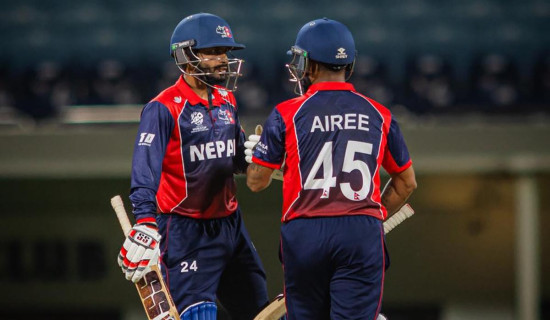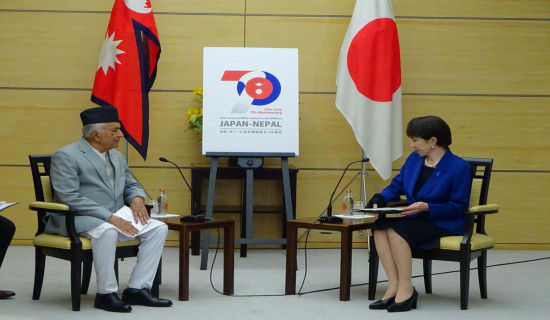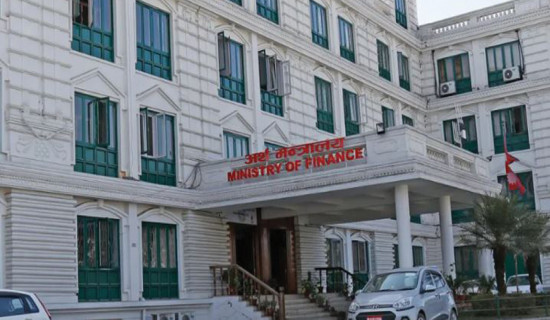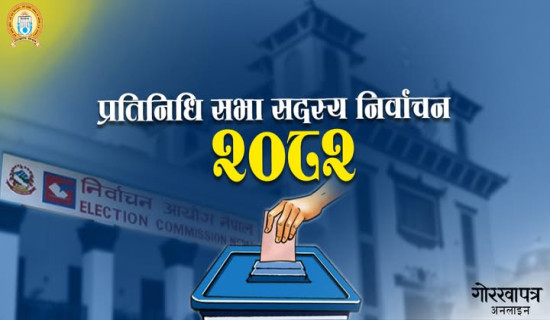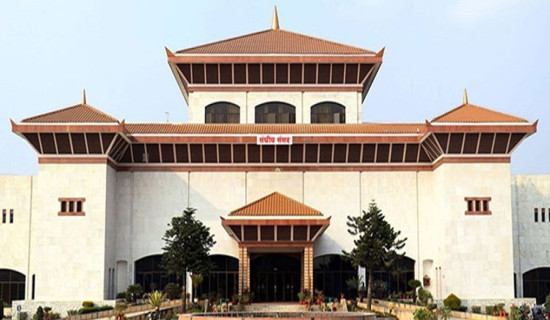- Wednesday, 4 February 2026
Decoding Africa’s Ominous Pattern
Far from business as usual, African states are in the throes of drastic change. The language of desperate actions translates into action. In this case, a series of military takeovers that have occurred in eight African states in three years. In almost all cases, civilians poured onto the city streets in support of the changeover in expectation of better governance that addresses the needs and aspirations of an average citizen. Whether the eventual results will be as dramatic and positively welcome should be known soon. What the emerging pattern seems to indicate is that many Africans are waking up to the realities of existing world order being reshaped and redirected, and with it new opportunities and alternatives merging notably after the Ukrainian war.
In August, the military in Gabon staged a coup against incumbent President Ali Bongo as soon as he was declared reelected for the umpteenth time. Large number of the 2.4 million people celebrated the rule by a military general, Brice General Brice Oligui Nguema as the West African state's transitional leader. Bongo’s family had been in power for 56 years without interruption since 1967. Some of those who condemned the Niger coup might have been nursing ambitions similar to the Bongo family’s record for dynastic rule. The civilian celebrations of the ouster of Ali Bongo on the streets might have somewhat dampened their confidence — at least for the time being.
Signal of concern
Weeks earlier, Niger’s 2.5 million had witnessed a similar event when an elected president was placed under house arrest and the military announced a new executive head of government even as thousands of people welcomed the enforced changeover. That as many as eight military takeovers have occurred since 2020 in Africa signals something seriously amiss in the basically poor countries with rich natural resources or strategic importance for foreign prospectors and external strategists targeting them.
A recurring question now, among analysts, is whether some more regimes and rulers are on notice. The ensuing times should disclose conditions clearly in addressing the speculations and rumours circulating within and outside the African continent. There is a distinct difference between the international community’s initial reaction and that of other countries, including states in the once colonised continent, regarding the latest two military coups. If there were threats from some African governments to send joint military forces to free Niger’s detained president, the same was not brandished at Gabon’s military ruler.
In the immediate aftermath of military takeover in Niger, France’s President Emmanuel Macron had sounded belligerent. But the strong support some of Niger’s neighbours and the outpourings of public endorsement of the new dispensation compelled Paris to hold back. The Gabon event soon after compelled the otherwise unhappy African and other governments to exercise restraint in their statement as well as posture.
What did the Western countries do in the recent years, when military coups took place in Thailand and Egypt, where the strongmen also won elections later on? Don’t be seen as a bully preying on weak states but cautious when faced with a strategically powerful “renegade”? In 2014, the General Prayut Chan-o-cha, Commander of the Royal Thai Army, staged a coup d’etat. The 12th coup since 1932 installed a National Council for Peace and Order (NCPO) to serve an interim period, and dissolved the Senate while equipping the military leader with executive and legislative powers. In fact, the NCPO announced an interim constitution that granted itself amnesty.
Gen. Prayut, named prime minister ruled for five years and won the 2019 election to serve an elected term. Response from the US and its Western allies were conspicuously subdued. They expressed concern for democracy and hoped for early elections. There were threats of sanctions and use of military force to roll back the coup effects.
On 3 July 2013, Mohamed Morsi was deposed by a coup d’etat led by Defence Minister Gen. Abdel Fattah El-Sisi, who became an elected president a year later. The opposition parties had boycotted the election, though they returned to contest the race in the next election that the retired military general won. With a population of 25.5 million, Niger is uranium rich and Gabon oil rich, France takes 85 per cent of the revenues. Electoral democracy cannot claim constitutionally correct course. This will send the message of caution to elected representatives who run riot in patronising corruption, bending the rule-book and pocketing millions in bribes and sellout to foreign companies.
The coup leaders in all the four countries replaced elected representatives. But international reactions to the incidents varied. Nigeria was the keenest to send troops. But then its current regime is reported to be very unpopular and would like to discourage forces that might develop militant ideas against it. France had spoken loudly about sending troops to reinstall the deposed president. It halted its gear when civilian support for the recent change was spontaneous and large. Coup supporters pointed out that China’s investments in Africa outstrip French investment.
No profiteering
Politics should not be family business for any leader, elected or otherwise. Although very rich in minerals, African nations are populated by mostly very poor people. Who would benefit the most if conditions were kept that way? Not cornering the authoritarian and corrupt leaders would ensure the foreign powers their supply of rich profits. Military rulers might fall into the trap of dictatorial tendencies and falling for corruption themselves. “British did not condemn an election carried out with switched off internet and electricity. They have not condemned the sham election in Nigeria which has been adjudged shambolic and far below standards by various EU and western observer.” The last straw does not rescue the scandalous camel.
Ferdinand Marcos, of the Philippines, was an Asian example of electoral autocrat, though he has quite a few peers on the world’s largest continent with the largest population and longest history. In Cambodia, Prime Minister Hun Sen formally anointed his son as successor this year after being at the helm of the state affairs for nearly four decades. Major powers and big neighbours should stop interfering in other countries’ affairs. They should learn to allow the same rights to other independent countries instead of being concerned with their own sovereign rights only.
(Professor Kharel specialises in political communication.)










